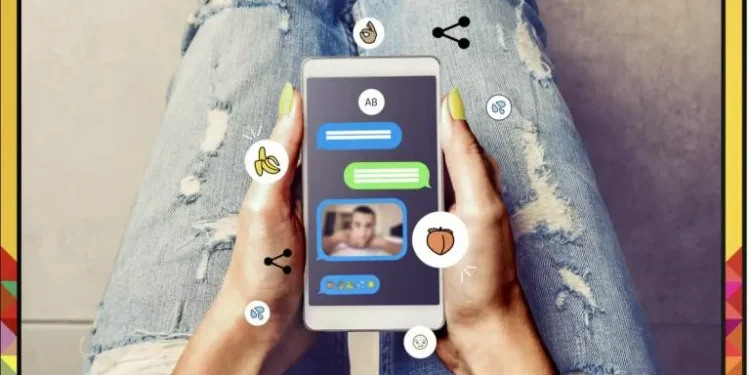The world we live in today is vastly different from the world we grew up in. Technology has advanced at an unprecedented pace, transforming the way we communicate, learn, and interact with the world around us. And while these changes have affected people of all ages, it is the youth who have truly embraced the digital age and made it an integral part of their lives.
Ten years ago, Danah Boyd introduced the concept of ‘networked teens’ to explain how social media expanded youth connectivity. In her groundbreaking research, Boyd explored how young people were using social media platforms to connect, express themselves, and build their identities. She recognized that the digital world had become a crucial space for young people to interact and learn from each other, often in ways that were beyond the control of adults.
Since then, the digital landscape has only continued to evolve and expand, with new platforms and technologies constantly emerging. Today, we see a generation of ‘digital natives’ who have grown up with technology at their fingertips and are fluent in the language of screens and social media. They have redefined what it means to be connected, and are shaping the future of our society in ways we could have never imagined.
In a free talk titled ‘Growing up Digital,’ Boyd delves deeper into the topic, discussing how today’s youth navigate life on screens and at school. She highlights the challenges and opportunities that come with growing up in a digital world and offers valuable insights into how we can support and guide our young people in this constantly evolving landscape.
One of the key takeaways from Boyd’s talk is the importance of understanding the role of social media in the lives of young people. While it is easy to dismiss social media as a distraction or a negative influence, Boyd emphasizes the positive aspects of these platforms. She notes that social media allows young people to connect with others who share their interests and passions, fostering a sense of community and belonging. It also provides a platform for them to express themselves and share their thoughts and ideas with a wider audience, giving them a sense of agency and empowerment.
Boyd also explores the impact of social media on the way young people learn and absorb information. She argues that the digital world has made learning more collaborative, with young people constantly sharing and exchanging ideas and knowledge. This has challenged traditional notions of education and has created new opportunities for young people to learn from each other and from a diverse range of sources.
However, Boyd also acknowledges the potential risks and challenges that come with growing up in a digital world. With social media, young people are exposed to a constant stream of information, some of which may not be accurate or appropriate. This can lead to issues such as cyberbullying and the spread of misinformation. It is, therefore, crucial for adults to educate young people on how to navigate the digital world responsibly and critically evaluate the information they come across.
Another significant aspect of Boyd’s talk is the impact of social media on young people’s mental health. With the constant pressure to present a perfect image on social media, young people can often feel overwhelmed and anxious. Boyd highlights the need for adults to create a safe and supportive environment for young people to discuss their struggles and seek help when needed.
Boyd also discusses the role of schools in helping young people navigate the digital world. She suggests that schools should embrace technology and use it as a tool for learning and collaboration. They should also educate students on digital literacy and responsible social media use, preparing them for the demands of the digital workforce.
In conclusion, Danah Boyd’s talk on growing up digital is a thought-provoking and eye-opening exploration of how the digital world has shaped the lives of young people. It highlights the need for adults to understand and support this generation, recognizing the incredible potential of the digital age while also addressing its challenges. As we continue to advance technologically, it is essential to have conversations like these to ensure that our youth are equipped with the skills and knowledge to thrive in a digital world.






